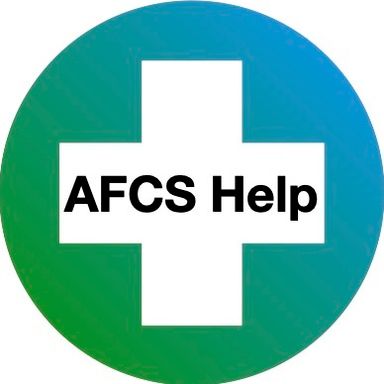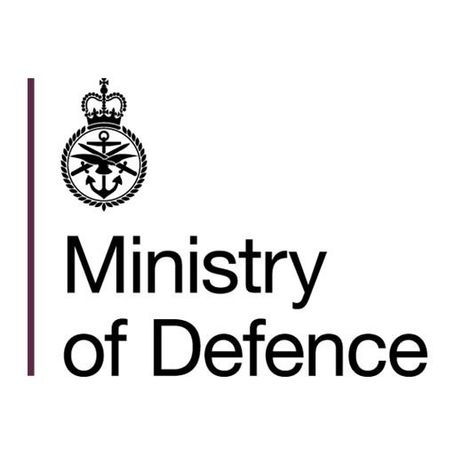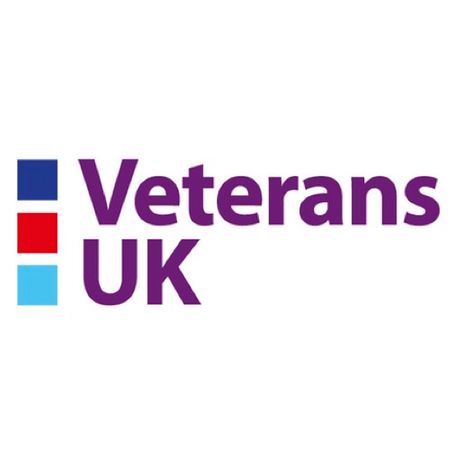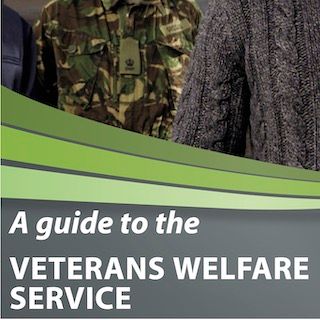Photo by Mark mc neill on Unsplash
Veterans UK
Veterans UK
On the 'About us' section of Veterans UK's website it says, under the heading 'Who we are':
- "Veterans UK is part of the Ministry of Defence (MOD). We help ex-service personnel get appropriate support from government, local authorities, independent bodies and the charity sector."
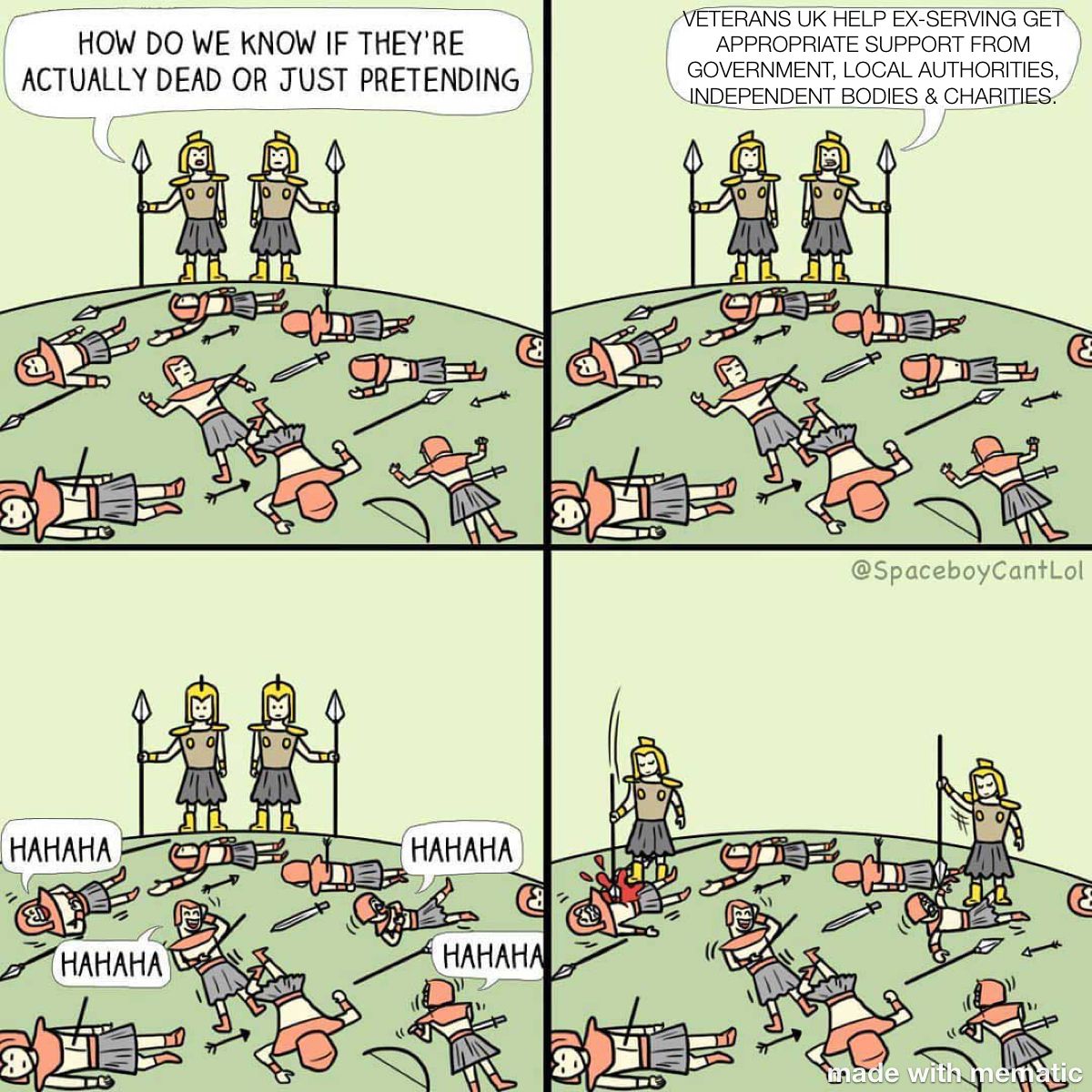
I am biased. I am bitter. I haven’t finished the process.
Dealing with Veterans UK, even through a solicitor makes me angry, upset, anxious, fidgety and a myriad other horrible feelings, often for weeks after the interaction.
I try not to be too anti-VUK, but they do make it hard sometimes. There's an expression used occasionally by those who, rightly or wrongly, feel aggrieved by the process of the scheme: "Delay, Deny and hope you Die". Personally, I don’t believe that Veterans UK are practicing this. I might be naive, but I don't think the people who go to work at the Veterans UK office think like that.
In defence of Veterans UK…
Just kidding!
No but really… As I said above, I think there are extremely few people that go to work to make other people’s lives difficult.
Unfortunately there is very little outward engagement from the organisation, so it’s almost impossible to gauge their standing and ethos. They may be under pressure, overwhelmed, and understaffed, or they may sit around eating cakes, watching t'illuminations and drinking the tears of rejected applicants.
In the early months(!) of my application I used to console myself at the delays by imagining there were two kindly old folk, like the knitting nanas from the Shreddies adverts, in a small portacabin trying to wade through all the AFCS applications.
I later imagined Veterans UK weekly meetings (not the knitting nanas this time, normal office staff) consisting of all the case handlers around a boardroom table, and a winged demon from the MoD or the Treasury hunched angrily on the table, telling the case handlers they’d be eaten if they didn’t cut AFCS expenditure immediately.
My guess is, based on the information in the two formal decisions I’ve had from Veterans UK and the way those decisions were written, the case handlers are out of their depth with complicated legal processes, and a mixture of medical and military language and acronyms. That’s the excuse I'd offer them anyway.
Remember too that they will have to deal with claims which may not be dishonest but just don't fit the Scheme. For example, injuries from some specific situations are excluded. These include injuries from social events, travel to and from work, and the majority of slips, trips, and falls. As ever there are included exceptions, and these are explained in JSP 765 at paragraphs 2.4 and 2.21 - 2.34. Applicants are likely to feel just as angry to be refused an award, even though by the letter of the law they do not qualify.
There are also likely to be chancers, and the case handlers need to try and make sure they're not making awards to people who don't qualify. They’re probably trying to make fair awards while under pressure to save costs. It's unlikely to be an easy job and it may not pay that much.

Medical Advisers
In the aforementioned formal decisions, what little the case handlers wrote was all in deference to the Medical Advisers (I’ve always spelt it ‘advisors’ so I’m sorry if I jump between the two; VUK spell it ‘advisers’).
JSP 765 calls the case handlers ‘decision-makers’ but this is a misnomer in my opinion. The decision in my initial claim and its formal Reconsideration were both made by the Medical Advisers, and the decision 'maker' filled in the forms.
I have a great deal less time for the Medical Advisors, based on my experience of the handling of my claim. The initial decision was like a 15 year old’s homework that they’d done on the bus to school. In fact it wasn’t even that good.
The Foreword to JSP 765 says that:
- “the policies and processes [in the JSP] are to be followed precisely; this is an area that must be correctly implemented.”
Later in the JSP when dealing with Claims Assessment it says:
- “Factual evidence from treating clinicians is invaluable but by their nature they are advocates for their patients and are rarely familiar with scheme legislation.”
I can accept that. But treating clinicians are also specifically trained in their field, and many of them do have experience of the AFCS legislation, especially as so many people have to keep going back to them for an opinion on their condition in relation to their AFCS claim, especially because of the unnatural time limits imposed by the scheme.
The JSP continues:
- “DBS medical advisers have typically had a career in clinical medicine, e.g. general practice or psychiatry, and are trained in medico-legal determinations and the AFCS legislation. They give advice, with reasons, based on the case-specific service and medical facts and in line with contemporary medical understanding of the causes and progress of injuries and disorders.”
I could write such a long rant about this paragraph alone, but I would probably crash my own website. I will therefore try and be brief, just to show you what you are likely to be up against. Bearing in mind the policies and processes of the JSP,“are to be followed precisely,” my experience shows that, contrary to the JSP, the process of determining a claim is not inquisitorial but is in fact adversarial, and while the process was designed not to be onerous, it most definitely is.

Career in clinical medicine
When you make your application as part of a mental injury claim, the rules in the legislation state that mental disorders must be diagnosed by a clinical psychologist or psychiatrist at consultant grade. So no matter how experienced your treating clinician is (I go into this more in the Applying section) unless they’re a consultant, Veterans UK will send back your application form and give you 3 months to get a consultant diagnosis.
I asked Veterans UK to confirm that the medical advisers reviewing my application and reconsideration were clinical psychologists or psychiatrists at consultant grade. What’s worse is that in their reply, Veterans UK said to me that their “doctors are intentionally not necessarily specialist in the claimed or appealed injury or disorder category.” So, no, they’re not consultant grade clinical psychologists or psychiatrists, they’re not even clinical psychologists or psychiatrists, yet they’re happy to paraphrase and change the meaning of comments written by the clinical psychologists and psychiatrists you’ve seen. I feel like I’m making this up as I’m writing this, I honestly can’t believe this is so dodgy.
Trained in medico-legal determinations and the AFCS legislation
Even if they are trained in it, they’re crap at it. I’m not some super lawyer, I only practiced medical law for 3 years, but I was quite good at it. Veterans UK medical advisers do not, in my humble opinion, understand the AFCS legislation, especially as it applies to mental injury. If I got an expert report that was like the first decision in my claim when I was practicing, I’d tell my firm not to pay for it and I’d never instruct that expert again, it was that shit.
The second decision, in the Reconsideration, which supported the original decision, was slightly more reasoned, but again, you can’t profess to be medico-legally trained and then paraphrase a clinician’s comments, and suggest with no evidence that you know better than them, when they are specialists in their field and you aren’t. I had the opinions of a psychiatrist, a clinical psychologist and a consultant clinical psychologist. They were all condescended to in the decisions.
In clinical negligence cases, you get experts in the specialist field relating to the injury. If the injury had broken bones, you get an orthopaedic surgeon. If there’s a brain injury, you get a neurologist. If someone had a deep vein thrombosis, you get a vascular surgeon. If someone had PTSD, you get a psychiatrist. You don’t then expect the other side to get a different speciality. A GP, a neurosurgeon, or an anaesthetist cannot give an expert opinion on a spiral fracture or CPTSD. They might be able to treat them pretty well, but they can’t give a medico-legal opinion to the court in relation to those specialist injuries.
A medical expert also doesn’t make legal decisions. If I sent a question of law to an expert with medical questions, they’d send it back unanswered, as it’s outside their speciality. Yet here Veterans UK medical advisers are saying they’re trained in medicolegal scrutiny of medical evidence in the context of the AFCS, and the so called decision-makers add nothing to the decisions which are clearly made by the medical advisers.
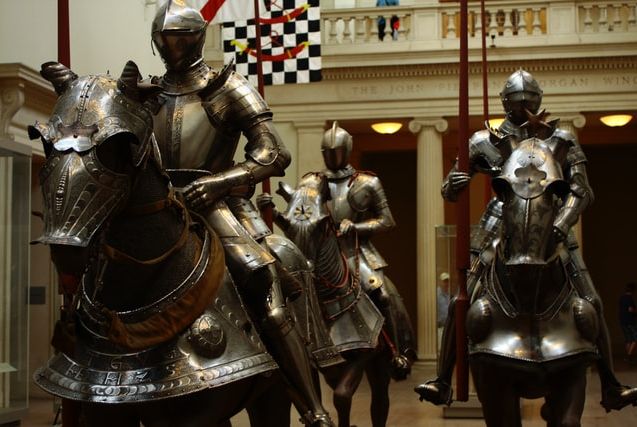
Photo by Ember Navarro on Unsplash
Right. Sorry. I think I said on the first page of the site that AFCS can make you angry and I can occasionally have a rant.
Onwards! To victory! I mean... To Applying!
